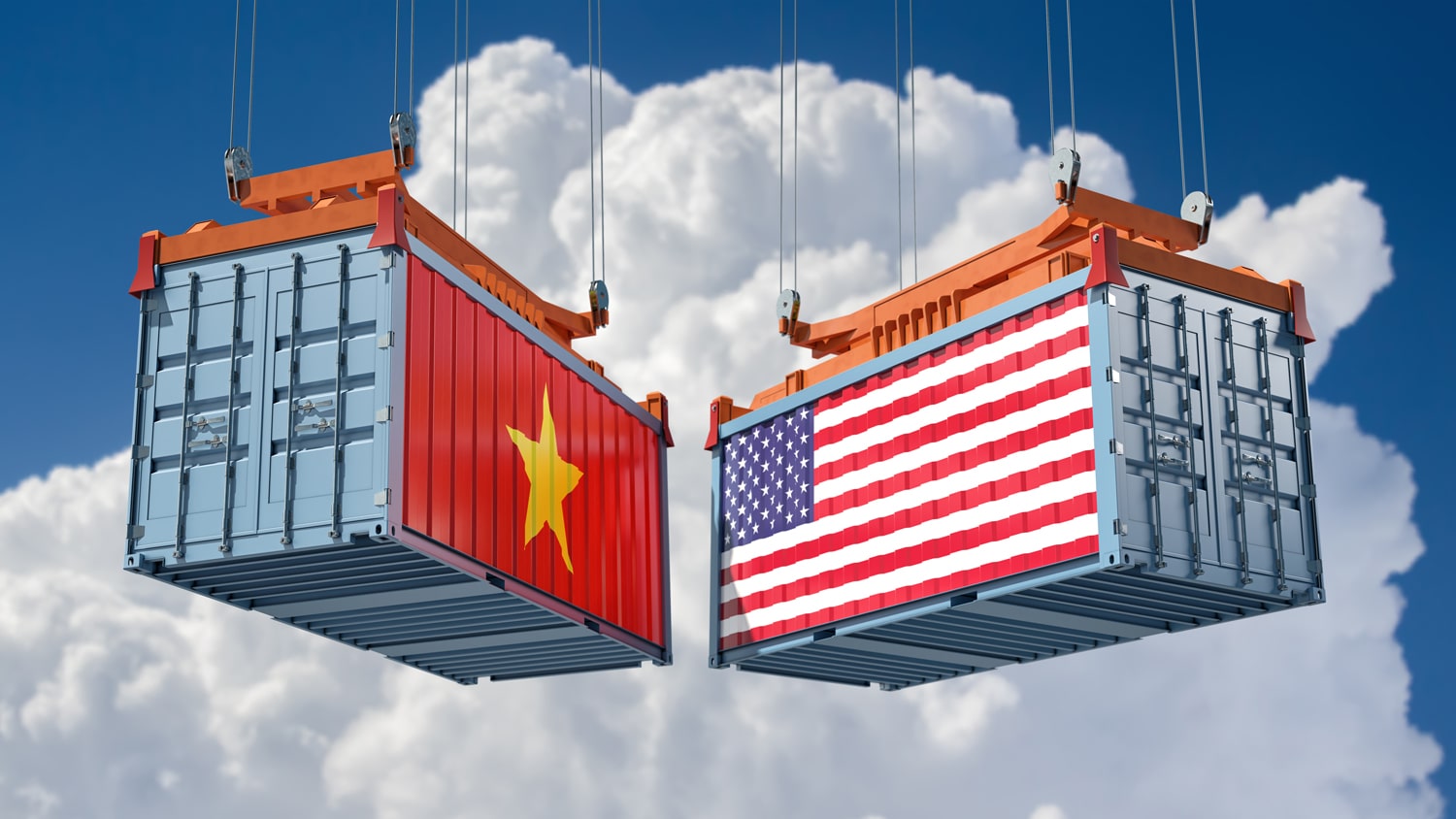Even amid the recent economic downturns, Asia-Pacific countries led by China and India have remained on top of the emerging markets logistics index, according to a recent survey by Agility. Vietnam leaped to eighth place, three positions higher than last year.
Boasting the world’s largest concentration of export-oriented manufacturing facilities, Asian countries have demonstrated remarkable resilience in the face of an unprecedented economic and health crisis. China and Vietnam in particular were quick to shift focus to domestic markets, reducing their dependence on the sluggish global economy, says John Manners-Bell, Chief Executive of Transport Intelligence, a leading supplier of market solutions to the global logistics industry.
China, which remained the world’s leading logistics market, got an overall score of 8.86 out of 10; followed by India (7.33) and Indonesia (6.30). With a score of 5.67, Vietnam shares the eighth place with Qatar, one of the richest countries in the world.
Agility’s Index measured 50 countries’ competitiveness based on international and domestic logistics opportunities and business fundamentals crucial to logistics providers, freight forwarders, shipping lines, air cargo carriers and distributors.
Like other economic sectors, logistics firms have in many ways suffered disruptions as international borders were shut off and businesses closed. Cargo stuck at container ports, travel restrictions leading to shortage of manpower, and ocean and air carriers suspending shipments — the effects of COVID-19 have been widely felt.
“The economic disruption caused by the pandemic is not behind us. Lockdowns and shipping challenges will constrain consumer and business activity through much of 2021,” says Chris Price, CEO of Agility Global Integrated Logistics.
According to The Economist magazine, surging demand for goods and a shortage of empty containers at Asian ports have sent container-shipping costs rocketing. Since November the cost of shipping a 40-foot container from Asia to Europe has risen more than three-fold, from around $2,200 to over $7,900.
Aside from the pandemic, the intensifying trade friction between the US and China is also creating confusions among logistics companies, with many of them now considering relocating their production bases — a trend Vietnam is set to benefit from. Of those surveyed by Agility, 19.6% chose Vietnam as the alternative to China, with full consideration of government bureaucracy and regulation, infrastructure quality and supply of skilled labor.
Other countries considered ideal for business relocation are India (17%), Indonesia (12%), Thailand (10%) and Malaysia (10%).
This is not the first time Vietnam topped the list as a potential manufacturing base for investors wanting to minimize the impact of the US-China trade war and the rising labor costs in other nations. Many companies, including Foxconn, Panasonic, Samsung and LG, have already started moving most, if not all, of their production across Vietnam’s highly diverse regions.

Vietnam’s fast-growing logistics industry
Thanks to a stable political and business environment, low-cost labor and investor-friendly laws, Vietnam creates competitive advantages for the logistics industry to grow.
As one of the backbones of the economy, logistics plays a significant role in the country’s expanding manufacturing and e-commerce sectors. The increasing movement of goods to and from Vietnam has driven necessary development in its logistics sector over the years. Add to that the country’s participation in several free trade agreements with economic powerhouses, and the emphasis the country is placing on the sector becomes clear.
As a matter of fact, Vietnam has ranked third among countries with the most potential to be logistics hubs in the next five years, according to Agility, just below China and India, and above Brazil and the UAE.
The country’s logistics market is currently dominated by foreign players, accounting for three-fourths of the industry’s revenue. Big companies like DHL, FedEx and Maersk are trusted names in international logistics services, while state-owned Viettel Post provides a broad range of services such as courier and warehouse rental. GLP, Asia’s biggest warehouse operator, announced in October last year its $1.5 billion investment in Vietnam via a new venture, tapping rising demands for logistics facilities.
And as the country takes proactive actions to increase import of raw materials and export of manufactured goods, logistics industry growth may just outpace GDP. Data from the General Statistics Office shows the country’s import-export revenues reached close to $390 billion in the first three quarters of 2020, a 1.8% increase compared in 2019.
The Vietnamese government is targeting an annual logistics growth rate close to 20% by 2025. Given Vietnam’s proven track record in combating COVID-19 and its attractiveness as a supply chain hub, that’s highly achievable.
